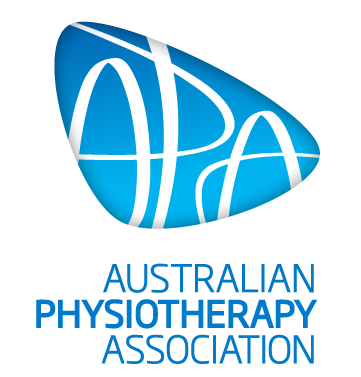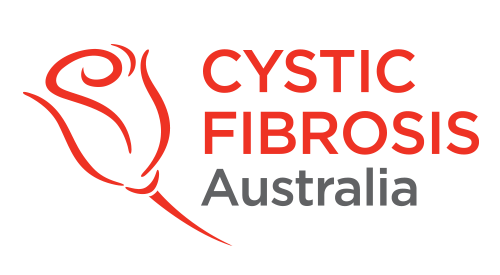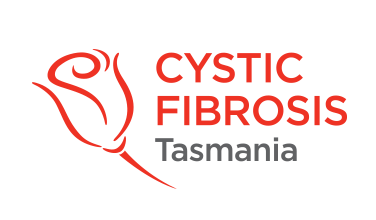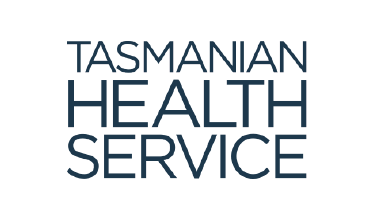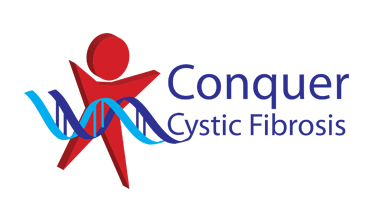Exercise and Physical Activity Recommendations
It is important to be physically active every day to maintain healthy lungs and to help your overall health. Try to make exercise and physical activity be part of your daily routine. Do exercise that you enjoy, exercising with a friend or family member, listening to music while you exercise, and try to make it fun. These ideas can be helpful ways to motivate you.
The type of exercises you do will be influenced by many factors, but particularly your age, and your health (your lung function and your body composition e.g. muscle mass). Contact sports may need to be avoided by some individuals with CF with certain complications such as osteoporosis or liver disease – always discuss your exercise choice with your CF team if you are unsure. There are different types of exercise and each can help in different ways. Try to include different types of exercise in your weekly exercise plan. See below for examples of different types of exercise:
- aerobic exercise: exercises which make your heart beat faster and you breathe faster. Aerobic exercise can be performed at a low to moderate intensity for example swimming, bike riding, or at high intensity such as sprint running, or HIIT (high-intensity interval training).
- strength training: exercises performed at moderate to higher intensities that build muscle and bone strength, for example jumping, climbing, weight training.
- flexibility exercises: these exercises help to keep your muscles, tendons and joints moving to their best ability and can help to prevent injuries if you do these exercises regularly.
Your physiotherapist can work together with you and come up with an exercise program that works for you. Your physiotherapist may ask you to perform an exercise test each year, or at different times in your health journey. These tests may be called a modified shuttle test, a 6-minute walk test, a step test, or a test that you do in a special lab in the hospital. These tests can help you keep track of your fitness and your lung health.
There may be some times in your health journey when your physiotherapist may want to work with you more closely to help you with your exercise and activity routines. These times may include:
- at the time of a chest infection (respiratory exacerbation), when you are most likely coughing more and feel tired/fatigued,
- when you have had a change in your overall health,
- if you are leading up to organ (lung or liver) transplantation,
- if you are pregnant,
- or if you have experienced a recent injury, for example broken a bone or sprained a joint
Some people with CF find, at different stages of their lives, exercise and staying physically active can become more challenging. For example, when entering adolescence (especially young women); changing from school life and routines to university / working life, preparation for and then after starting a family. Your physiotherapist may be able to help you through these times.
Time and financial barriers can mean maintaining exercise is challenging for some. Talk to members of your local CF team to see what options may be available through local support services.
If you have a PEG (feeding tube in your stomach), PICC or PORT (a special line or device in your arm or chest to help deliver intravenous antibiotics) there may be specific instructions you need to follow to continue exercising safely. The booklet “Exercise and Cystic Fibrosis: A Guide for people living with CF” has advice about these situations, and more, and is available at https://www.cfwa.org.au/wp-content/uploads/2017/12/1.-Exercise-CF-Guide-for-people-with-CF.pdf


